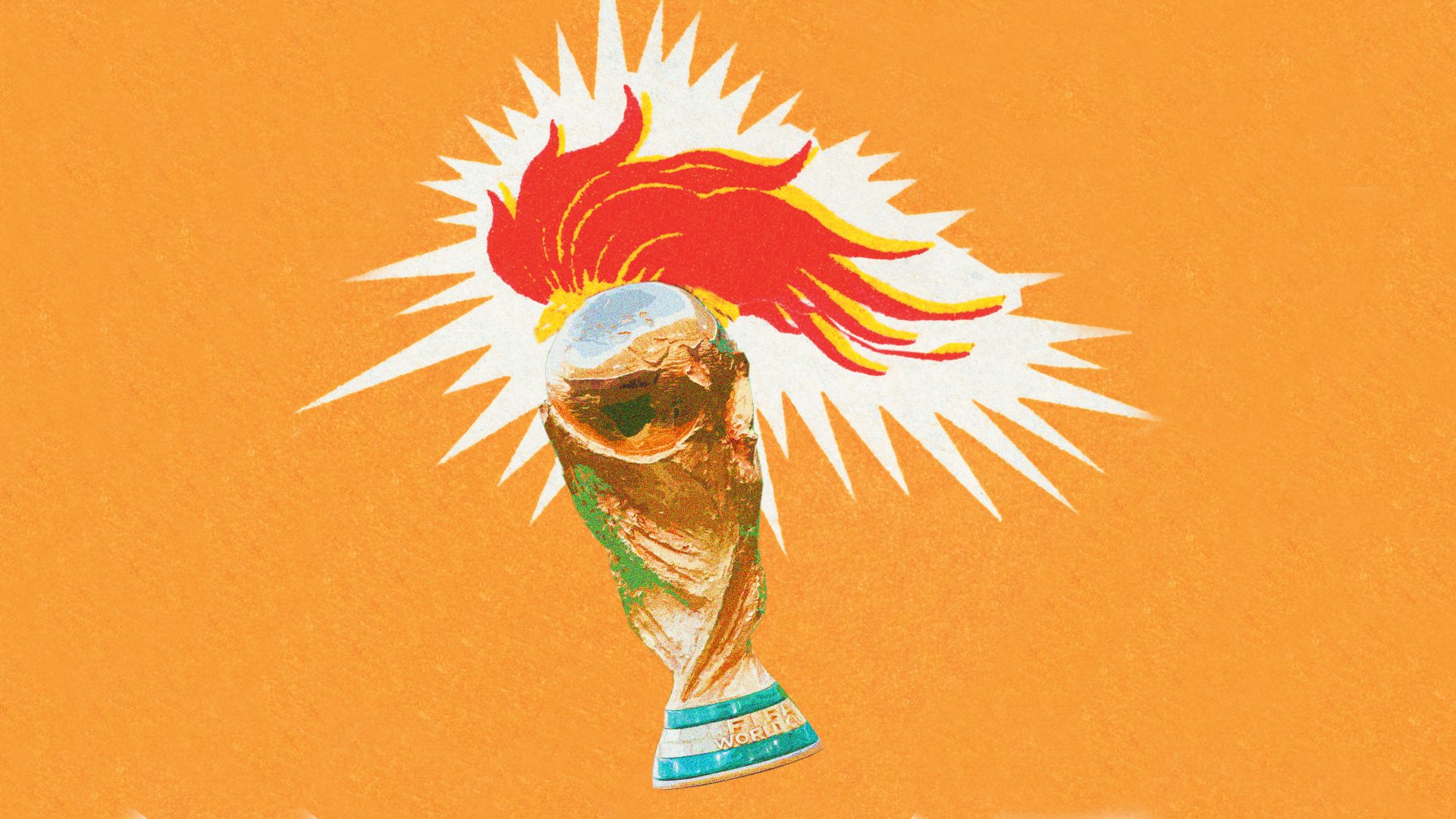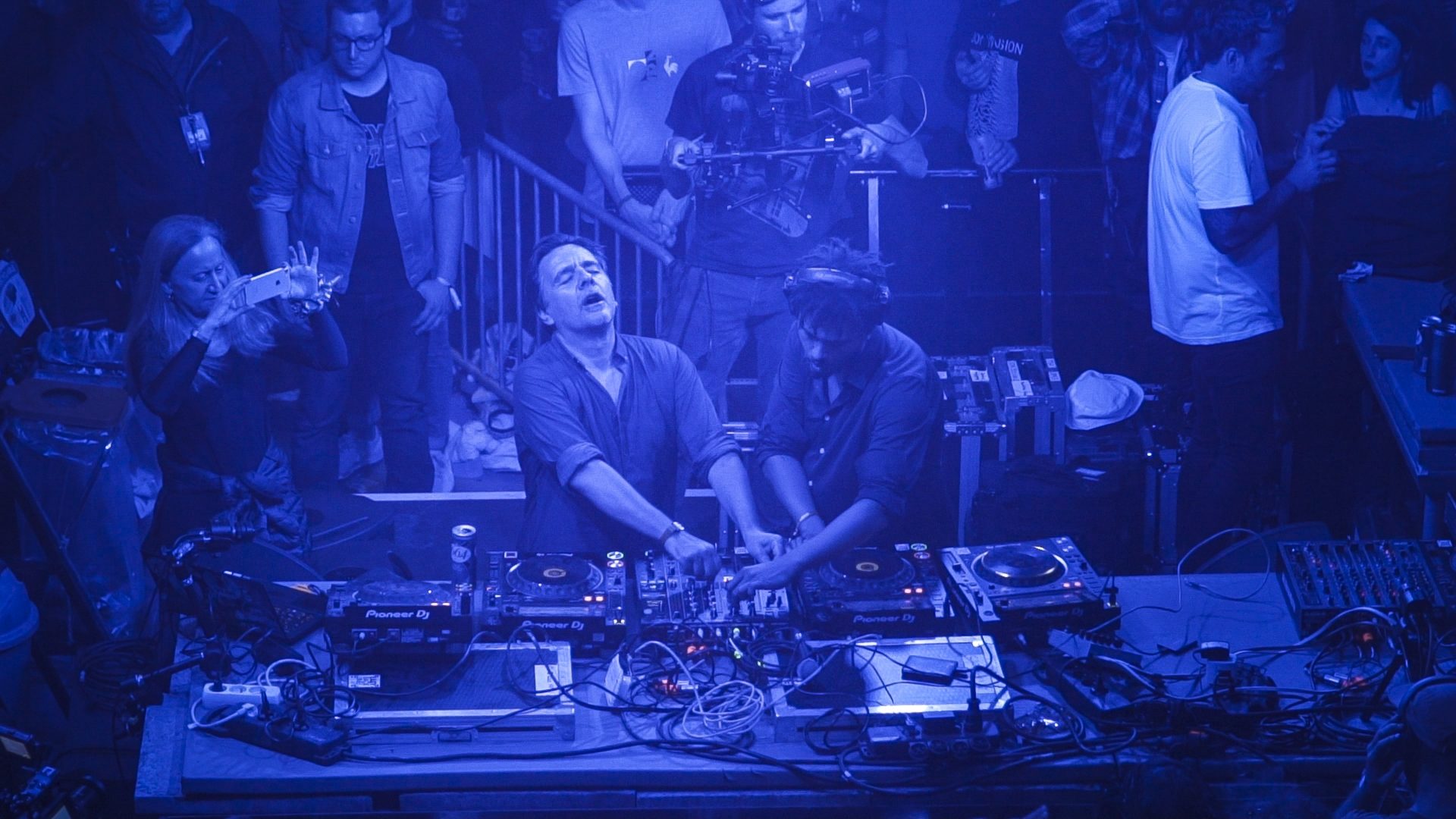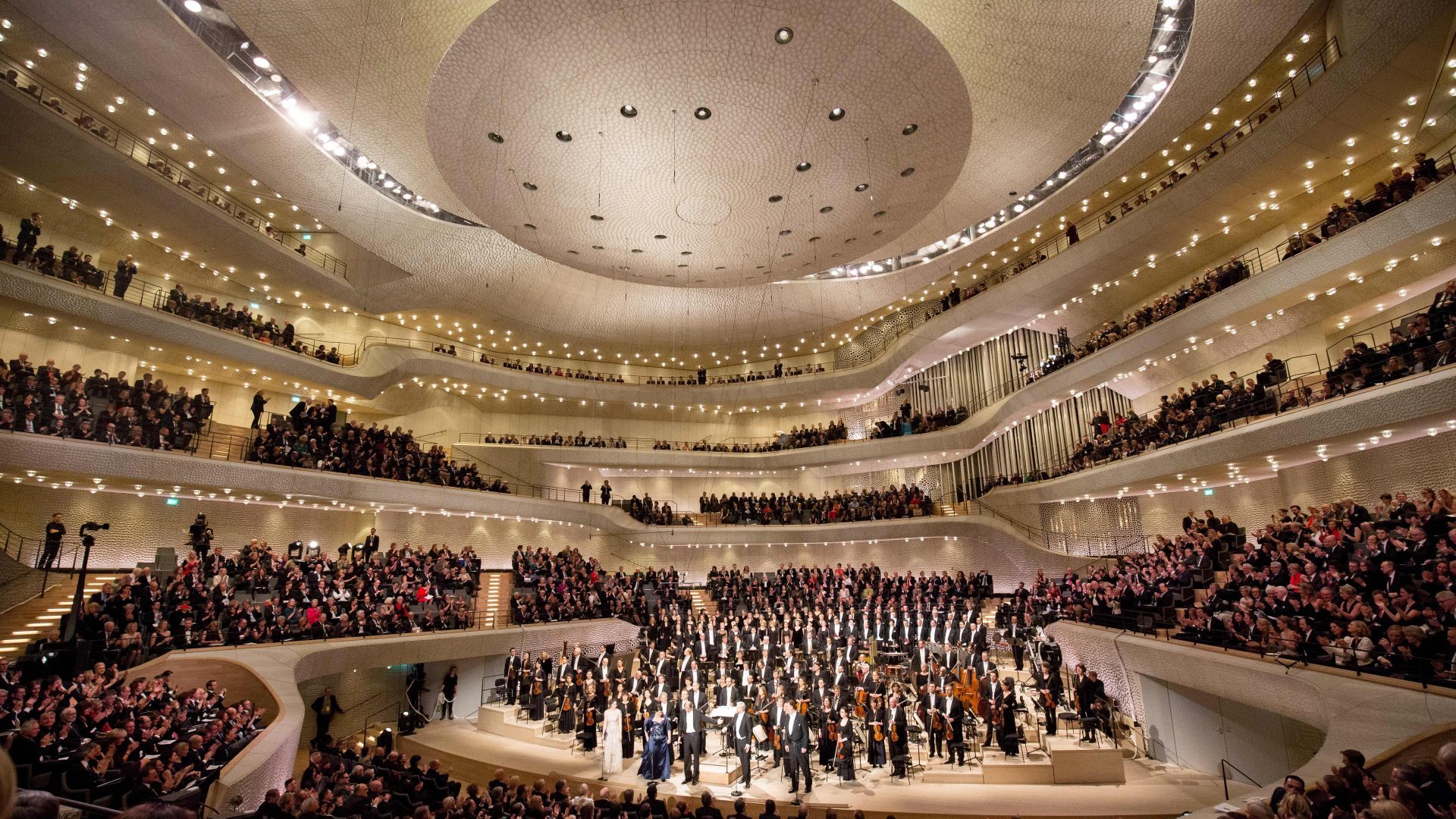In any other summer, the Fifa World Cup would be over by now. Brazil, or perhaps Senegal – nations with the ball control to manage intolerable heat – might have been crowned the champions in Doha on the second or third Sunday in July. And fatigued players would be preparing for the European season that begins this weekend.
As chance, or climate change would have it, the 41 degrees C (105.8F) in Qatar is about the same as temperatures sparking deadly wildfires from London to Lisbon to Los Angeles. The corrupt Fifa committee members who, on a winter’s day a decade ago, granted Putin’s Russia the 2018 World Cup and Qatar the 2022 version are by now retired, dead, or still in the process of being indicted for corruption.
The “new” Fifa under Gianni Infantino continues to shamelessly claim that Qatar legitimately won its place in the sun, while peddling the theory that the host nation has technologies that will transform stadium temperature control and offset all of the carbon emissions caused by constructing seven new stadiums and the infrastructure necessary to turn an Arabic state of 2.8
million into world hosts for a month.
“Fifa is playing its part with our aim to make the Fifa World Cup in Qatar carbon neutral,” Infantino declared on June 5, World Environment Day. “So I
call on you all to raise the Fifa Green Card for the planet and to record a short message on social media telling us what you will do to preserve the
environment and save our world.”
This is the same man who is planning to enlarge the next World Cup from 32 finalist nations to 48 across three host countries – the US, Canada and Mexico. The same man who tried to procure a Saudi Arabian £16.6bn global club competition to suck the power and prestige (and most of all the profit) out of the European Champions League.
The sporting world is burning, both physically and financially.
Fifa, of course, is not alone in selling its heritage for the petrodollar. We have Paris St Germain and Manchester City and now Newcastle United fully owned and financed by Gulf states. We have world boxing champions fighting for blood money under Arabic skies in the same way that Muhammad Ali and Joe Frazier fought their “Thrilla in Manilla” bout in the Philippines. And we have golfers selling out the Royal and Ancient game that made them all multi-millionaires for yet greater fortunes on offer on the Saudi breakaway tour.
For every João Havelange, Sepp Blatter or Gianni Infantino filling their boots at Fifa House in Zürich, there is the dream of countless boys (and nowadays girls) of playing the game where it counts, in Europe. A club like Chelsea might pass almost seamlessly from oligarchy to American enterprise. With the exception of Germany, where the Bundesliga clubs are still partially identified by fan participation rather than the singular control of billionaires and zillionaires, the Beautiful Game is the plaything of all manner of dubious ownerships.
Back in 2010, Fifa’s 22-man executive committee (already cut from 24 because two members were excluded on corruption charges) bought the lie
that Qatar was developing technology that could control the cloud formation
so that fans, players and the all-important VIPs could breathe in the summer heat. It took five years for that committee to acknowledge that stadium technology might control the temperature in the stands, but that the air, the transportation, the infrastructure that was costing migrant workers’ lives are not in Qatar’s gift to promise.
So for the first time in history, the summer World Cup becomes the winter tournament. Europe’s leagues are cut in two while the Fifa money raking takes precedence in November and December.
One supposed benefit of this is that players should arrive at the showpiece
event in mid-season, rather than tired athletes at the end of a 10-month club
campaign. The corollary to that is, of course, that players get little or no summer break this season, no time for the surgery that many undertake between seasons and, given the effect of global warming, no respite from
playing through European, Latin American, African and Asian days normally reserved for rest and recuperation.
Neymar and Messi and Cristiano Ronaldo are three global superstars
for whom this World Cup will probably be their last. New stars, or shifting stars going through the traditional summer selling season are attempting to change clubs, change dressing rooms, culture and in some cases language.
We should be excited by how Darwin Núñez, Robert Lewandowski, Aurélien
Tchouaméni, Raheem Sterling, Kalidou Koulibaly, Raphinha, Christian Eriksen, Erling Haaland and Gabriel Jesus transition with new clubs. However, the season being split in two by the intervention of a World Cup must disrupt their concentration, and many will be left wondering where loyalties lie.
Club versus country is as old as the game. But this time, unless they wear the same blindfolds as Fifa, the players will be compromised between the day
job and the greater glory of a World Cup that comes around on a four-year
cycle. Four and a half in this case.
English and Welsh fans who already have to pay for their club season tickets will be asked to fork out another £7,000 to support their nations at the World Cup. Broadcasters who pay fortunes to clubs, and who together with sponsors fund Fifa’s four-year £4.7bn operating budget, are shafted by corrupt committee members who sold their vote for a month in the desert that most of them are no longer around to enjoy, or endure.




